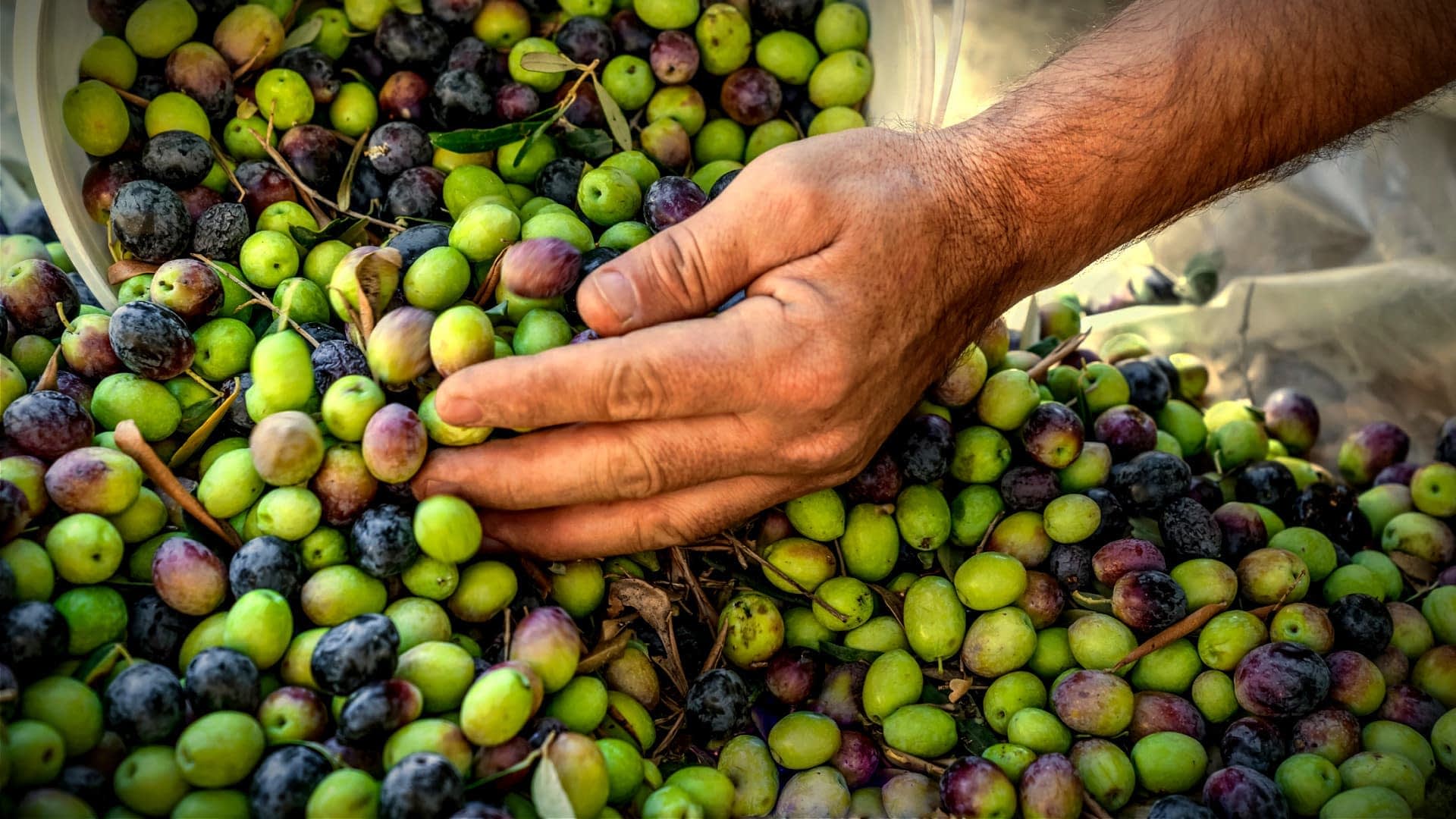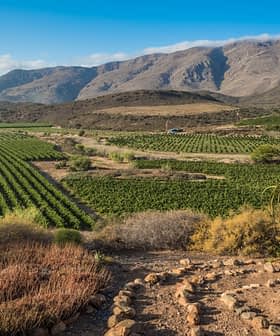Spanish olive oil distributors lost an average of €0.231 per kilogram of extra virgin olive oil sold in the 2020/21 crop year, a new report from the Ministry of Agriculture, Fisheries and Food found.
This starkly contrasts with the positive net profit margins of olive farmers, mills and bottlers.
The study found that olive farmers earned an average of €0.062 per kilogram of extra virgin olive oil produced, while mills earned €0.001 per kilogram. However, the biggest winners in the value chain were bottlers, who earned €0.206 per kilogram.
See Also:As Spain Fights Food Inflation, Pressures Keep MountingWhile finding net margins obtained at each stage of the extra virgin olive oil value chain was one of the main goals of the investigation, the ministry said the research was not intended to be a statistical study of different elements of the supply chain.
Instead, the research is meant to contribute to market transparency and identify inefficiencies in the supply chain. The ministry added that it hopes stakeholders will use the study to improve the profitability of the production chain and benefit consumers.
To determine the profitability along each step of the chain, the ministry identified the three main components: olive production; the industrial stage, including mills and bottlers; and the distribution stage.
The ministry cited staff, machinery, phytosanitary products, fertilizers and costs associated with grove maintenance, harvesting and transportation as the main production costs facing olive farmers.
However, costs varied significantly between different types of groves, ranging from €1.443 per kilogram of extra virgin olive oil produced in super-high-density (super-intensive) groves to €4.332 per kilogram in non-mechanizable traditional groves.
The ministry found that production costs for traditional farmers were highly influenced by volumes produced, with costs rising during poor harvests. On average, growers spent €2.520 per kilogram while earning €2.582 per kilogram.
At the next stage of the value chain, staff, equipment, debt payments, waste management, insurance and input costs were identified as the main expenses facing Spain’s olive mills.
The ministry found the average extraction cost to be €0.312 per kilogram, ranging from €0.153 per kilogram to €0.406 per kilogram.
Extraction costs were highly influenced by the size of the mill, production volumes and industrial performance, measured as kilograms of olives ground per liter of extra virgin olive oil obtained.
The ministry, which conducted similar studies in 2018/19 and 2019/20, found that industrial performance fell significantly in 2020/21 compared to the previous crop year, with mills grinding 12.4 percent more olives to obtain the same amount of extra virgin olive oil, which led to an increase in costs.
“The influence of the volume of production on the cost of extraction should make those responsible for the mills think about whether or not to grind in a short campaign or seek strategic alliances for milling or agreements with other mills in the area,” the ministry wrote.
Further along the chain, the main expenses identified for bottlers were filtering, transport, packaging and shipping materials, staff, insurance, debt payments and administrative costs.
Extra virgin olive oil packaging costs reached an average of €0.514 per kilogram, ranging from €0.293 per kilogram to €1.589 per kilogram.
The type of packaging used greatly influenced the cost, with single-liter PET packages costing anywhere between €0.259 per kilogram and €1.332 per kilogram. On the other hand, 750-milliliter bottle packaging costs ranged from €0.731 per kilogram to €3.299 per kilogram.
“These results should make those responsible for small packaging companies think about whether or not to outsource the packaging process and or seek alliances or integration formulas for this process,” the ministry wrote.
Finally, the main costs identified for distributors are warehouse logistics, storage, delivery logistics, shelf space and marketing.
The ministry found the average distribution cost to be €0.282 per kilogram, ranging from €0.144 per kilogram to €0.419 per kilogram. However, costs were higher for distributing olive oil packaged in glass bottles (€0.177 to €0.419 per kilogram) than PET packages (€0.142 to €0.419 per kilogram).
The average retail price received by distributors, not including VAT, was €3.666 per kilogram, with discount stores selling for an average of €3.394 per kilogram and hypermarkets receiving €3.835 per kilogram.
Despite distributors earning an average gross margin of €0.051 per kilogram, meaning they sold extra virgin olive oil at a profit compared to its production costs, other operating and non-operating expenses resulted in distributors’ overall loss of €0.231 per kilogram.









